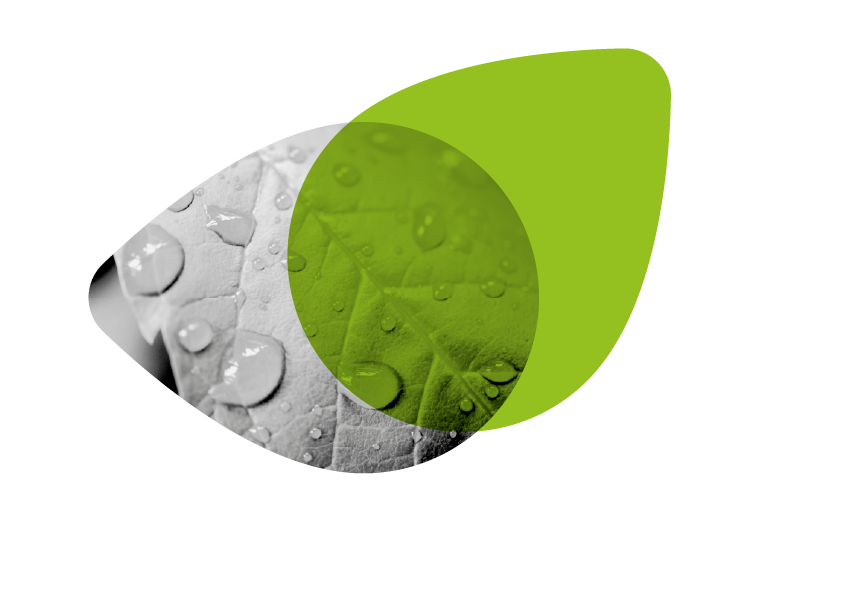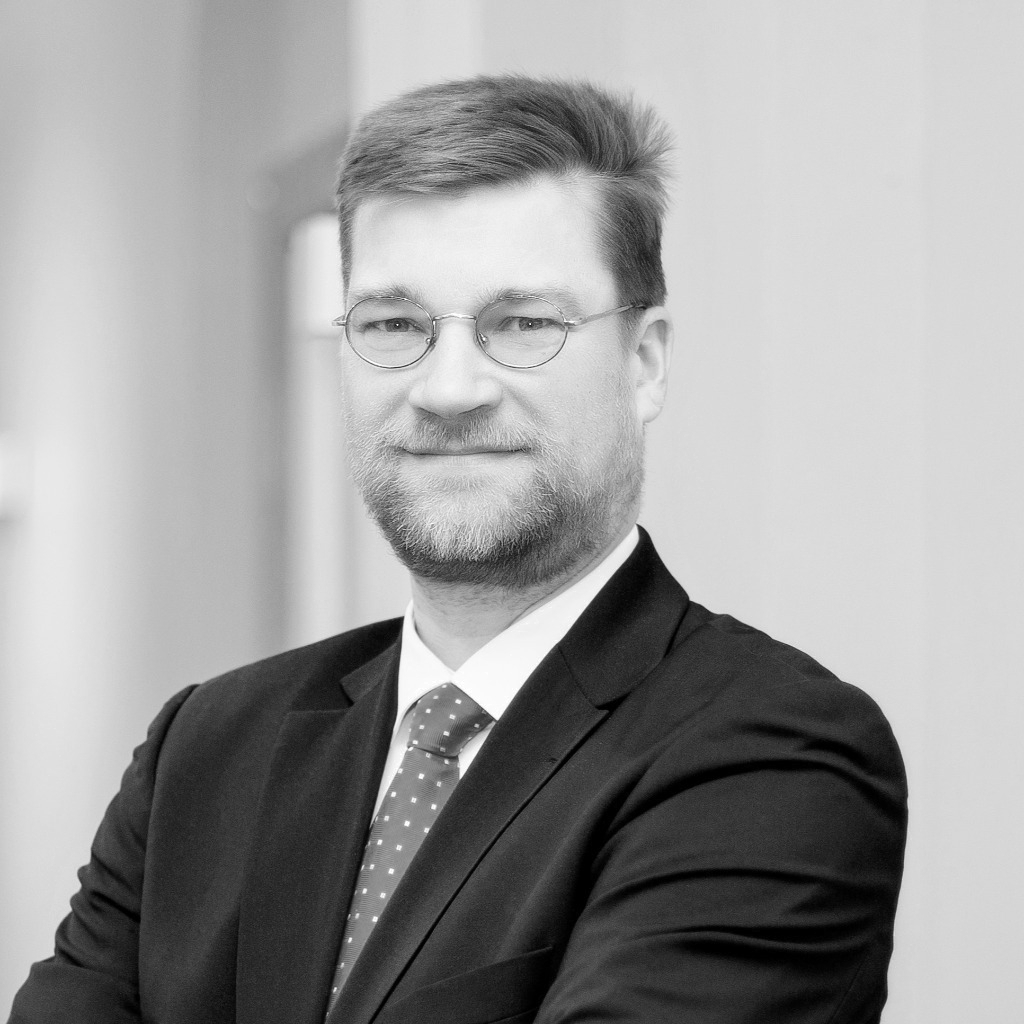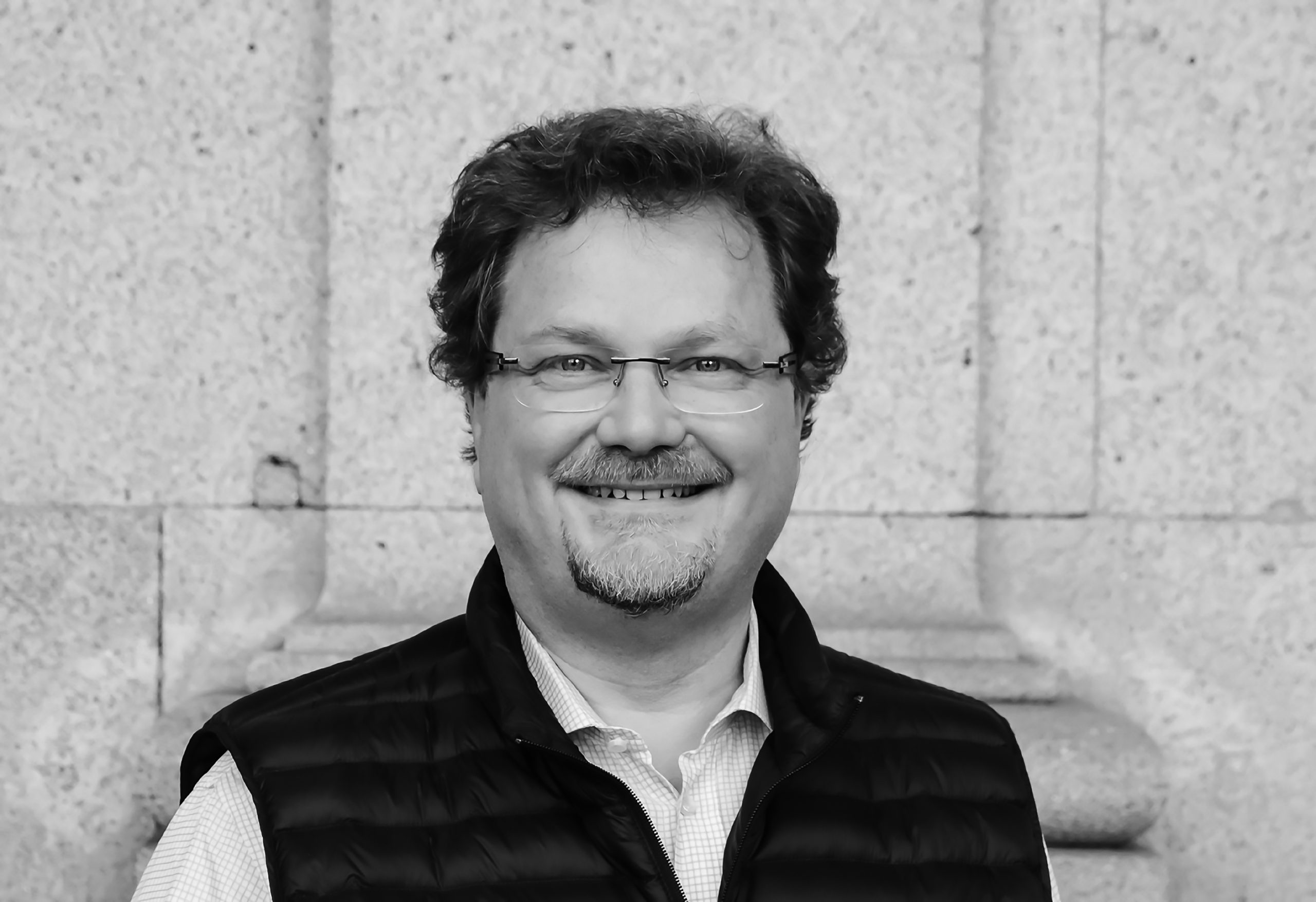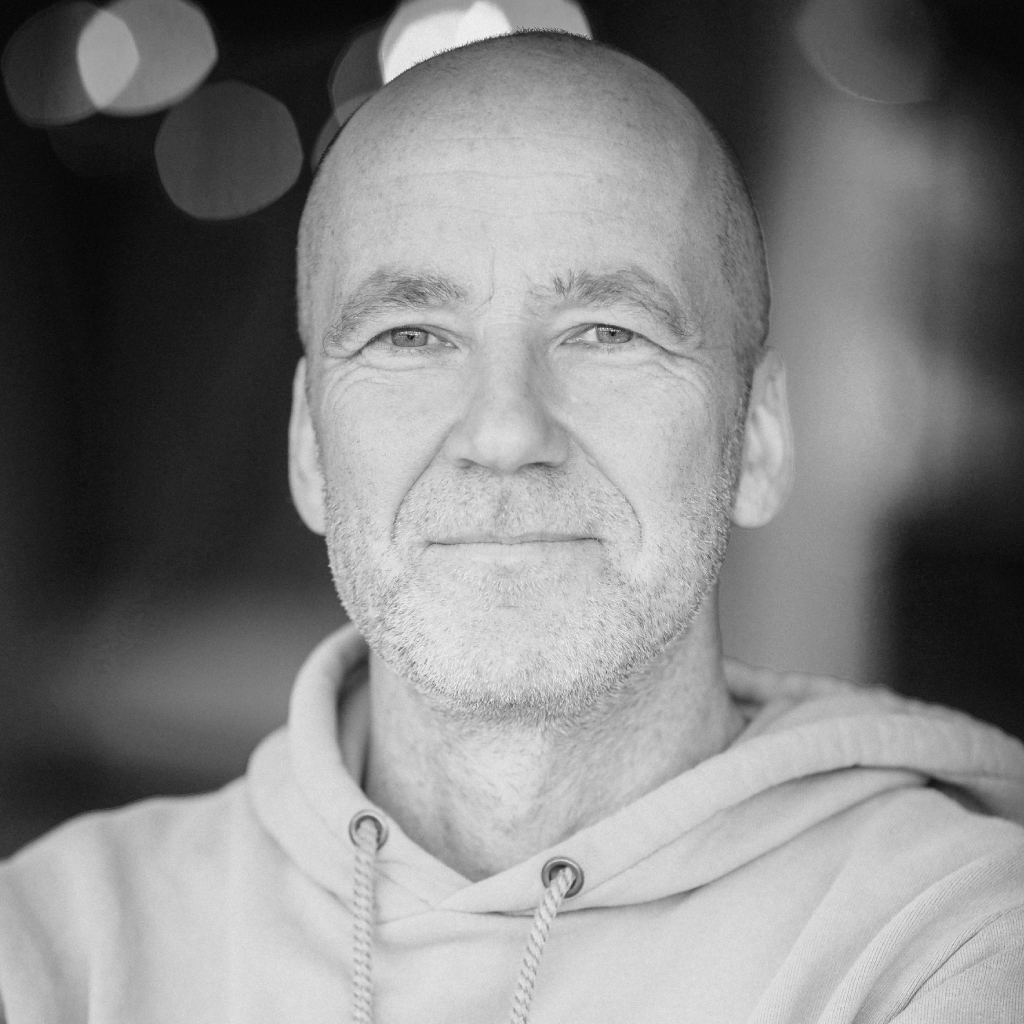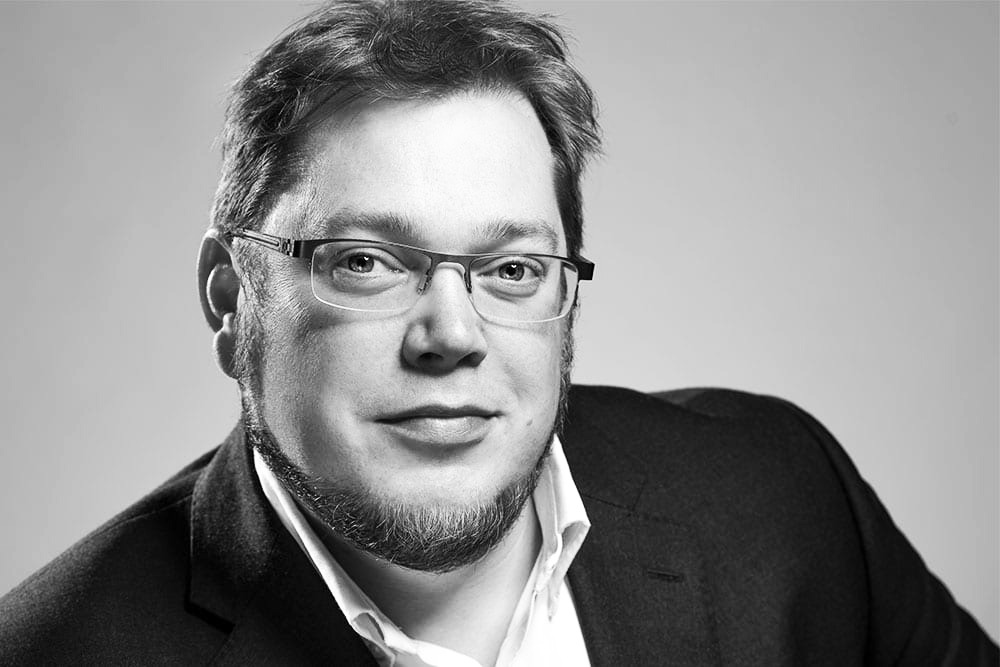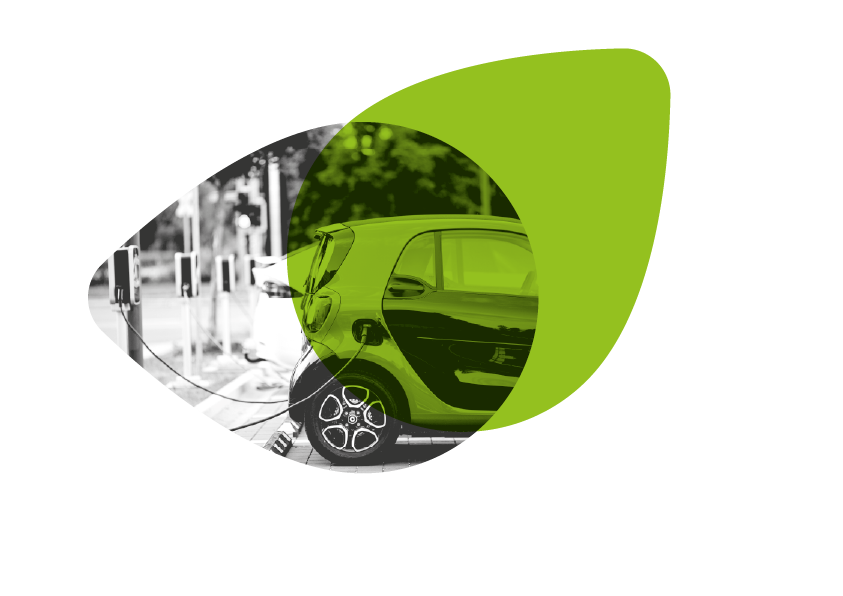The climate crisis is one of the greatest challenges of our time. Many companies are striving to combat this problem. However, there is a significant issue: how do I finance my projects? The report “State of Climate Tech” by Net Zero Insights has analysed various options and their evolution over the years. We present the different financing methods and reveal how you can get assistance.
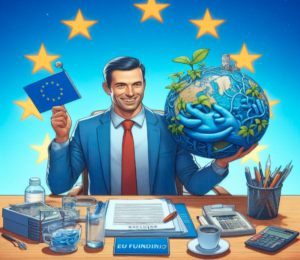
The Rise of Non-Dilutive Funding
Non-dilutive funding, which includes grants, debt financing, and public funding, has become an increasingly popular source of capital for climate tech startups.
Risks and Advantages: Unlike equity financing, non-dilutive funding does not require entrepreneurs to give up ownership stakes in their companies. This allows them to retain control while accessing the capital they need to grow and scale.
Public Funding and Grants
Public funding and grants are particularly attractive for early-stage startups that are still in the research and development phase. These funds often come from government programs aimed at promoting innovation and addressing climate change. In the European Union, for example, the European Innovation Council (EIC) and the Horizon Europe Program offer substantial funding opportunities for climate tech startups.
Risks and Advantages: The EIC provides non-dilutive grants of up to €2.5 million for breakthrough and disruptive innovations, as well as equity investments of up to €15 million for scaling up and commercialization. The Horizon Europe Program, on the other hand, supports collaborative projects across different sectors and disciplines, with a budget of €95.5 billion for 2021-2027.
Horizon Europe places its focus on supporting projects that conduct research in the field of climate change, align with the United Nations’ Sustainable Development Goals (SDG), and promote the growth of the European Union. Eligible for funding are all researchers, companies, institutions, universities, organizations, and others who are based in an EU member state or associated countries like the United Kingdom for example.
Impact Funding Europe (IFE) provides comprehensive support throughout the process of securing grant funding for intelligent, digital, and climate-neutral projects. A part of our service encompasses everything from project ideation and identifying matching funds to writing proposals, ultimately ensuring project success. Furthermore, we support you with the kick-off of the project and much more.
The Role of Impact Investing
Impact investing is another growing trend in the climate tech funding landscape. Impact investors seek to generate both financial return and positive social or environmental impact. This aligns well with goals like smart mobility, digital transformation, renewable energy, making impact investing a potentially significant source of funding. IFE can help you develop outstanding concepts, making your impact even more remarkable and catching the attention of investors. This also applies to the final finishing touches.
The numbers for Impact Investments have been rapidly increasing in recent years. According to the Global Sustainable Investment Alliance, over $440 billion was invested in the global market in 2018. These investments originate from various sectors, including banks, foundations, funds, and private investors.
A case study of Impact Investing involves the Swedish investor Trill Impact, which manages approximately €1.2 billion across its Impact Private Equity, Impact Ventures, and Microfinance investment strategies. In September, they made an investment in Komet Austria GmbH, a company dedicated to combating hunger and providing clean water. There are many other examples highlighted on the Bundesinitiative Impact Investing website
The Role of Debt Financing
Debt financing is another form of non-dilutive funding that is gaining traction in the climate tech sector. This involves borrowing money from banks or other financial institutions, which is then paid back with interest over time.
Risks and Advantages: While debt financing can be riskier than grants or equity financing, it can provide startups with the capital they need to invest in equipment, hire staff, and scale their operations.
The Importance of Strategic Partnerships
Strategic partnerships can also play a crucial role in securing funding and scaling climate tech innovations.
Risks and Advantages: By partnering with diverse and complex companies, startups can gain access to resources, expertise, and networks that can help them accelerate their growth. A second benefit of the consortium work is the partnership with public entities and Universities. By doing so you get hold off to expertise and studies through direct contact with experts. Additionally, it allows you to establish connections to cities that you can draw upon throughout your lifetime. You can now join one of our Horizon Europe proposals to connect with these various partners and leverage the benefits for yourself and your project.
At Impact Funding Europe (IFE), our team has over 15 years of successful experience in grant writing and change management. Our founding companies, Smart Cities Lab and Eisenschmidt Consulting, have united a big team of experts who specialize in smart cities, open data platforms, and project development and implementation support. As your partner, Impact Funding Europe provides a robust network that spans various partners and sectors.
Conclusion
As shown by the “State of Climate Tech” report, there are various options to consider. Partnerships should be given special consideration, along with leveraging funding benefits, such as those provided by the Horizon Europe program. At Impact Funding Europe, we are here to support you!
Please feel free to reach out to us to learn how you can gain access to funding opportunities for the growth of your business.
Kiel, Germany, 2024 March, 12th
Moritz Cornils, Impact Funding Europe

